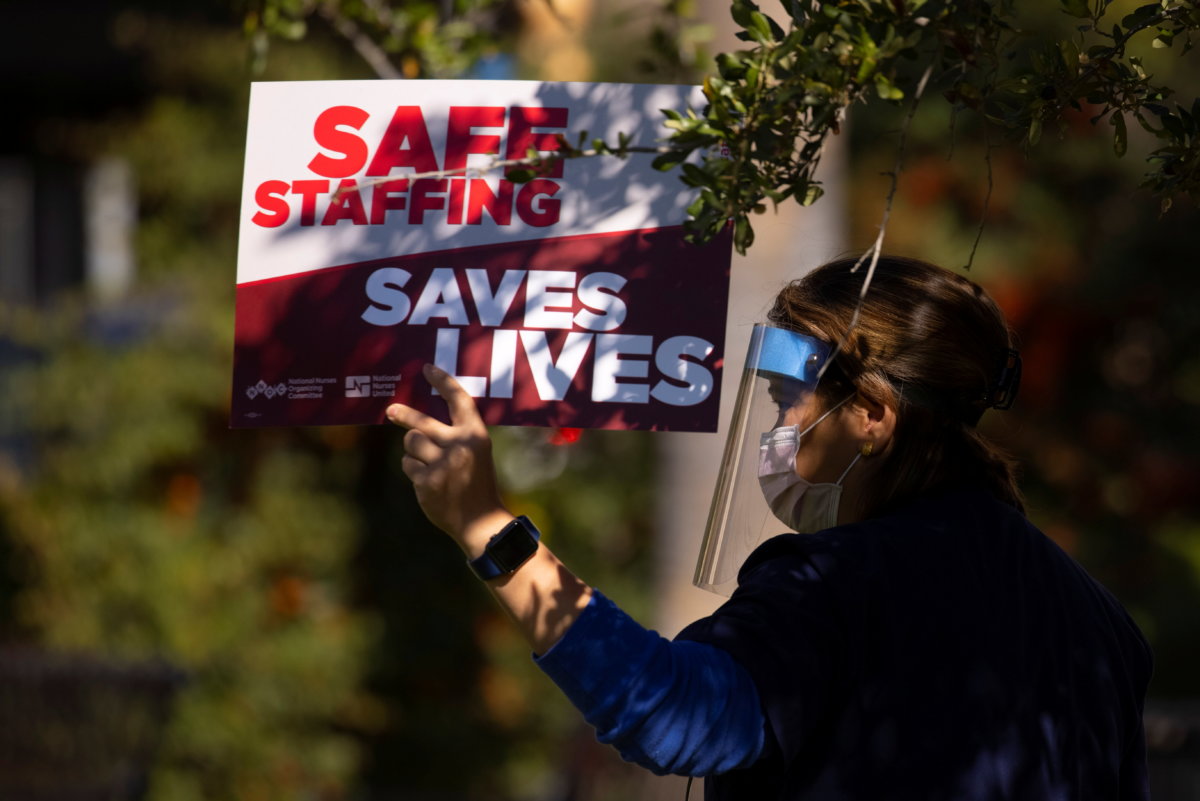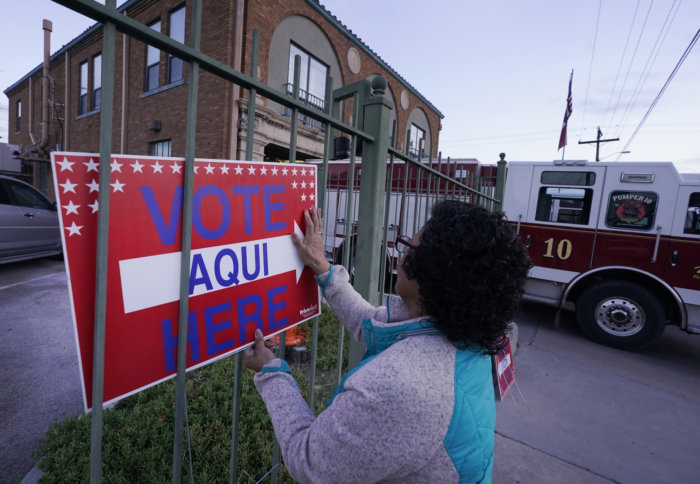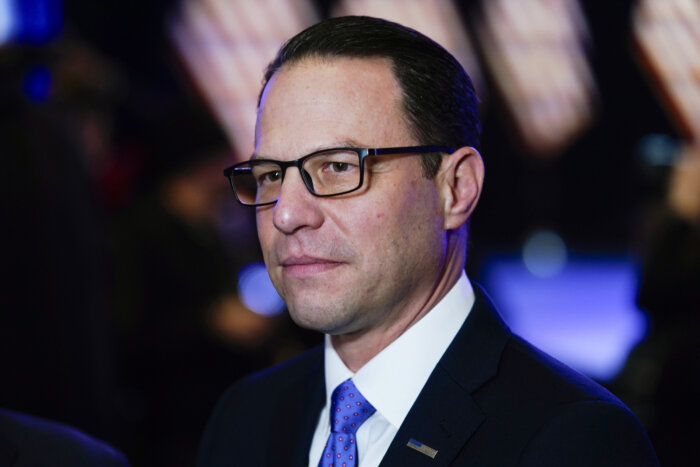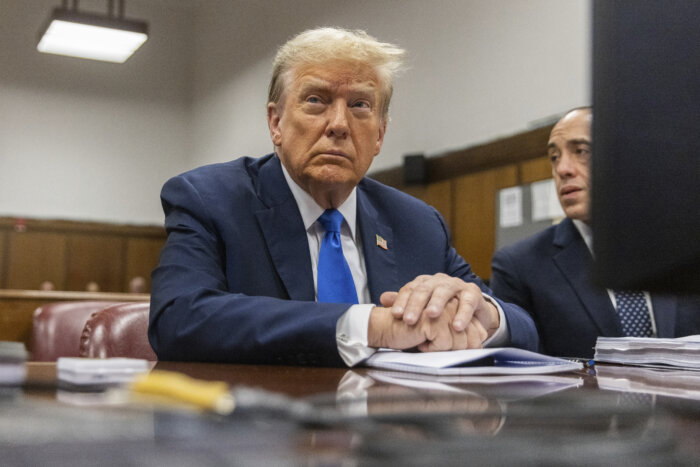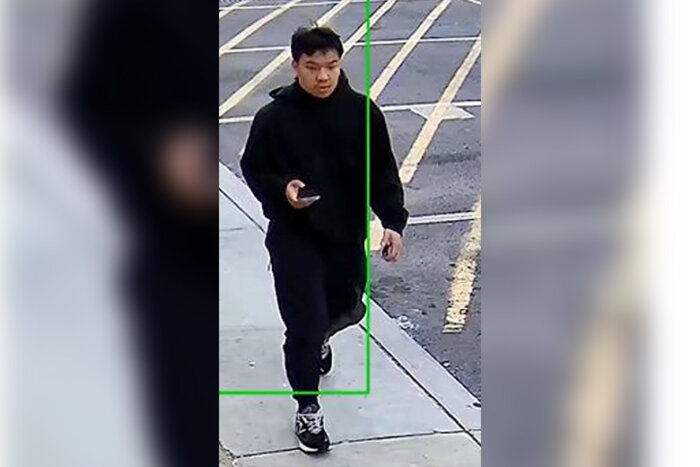By Doina Chiacu and Maria Caspani
Health officials will work to set up temporary medical facilities where they might be needed as the United States grapples with a surge in coronavirus hospitalizations and record infections, according to a top Trump administration health official.
Health Secretary Alex Azar expressed concern about rising hospitalizations that were straining medical facilities in areas hardest hit by the surge, including several states in the Midwest, during an interview with CNBC on Tuesday.
“As you get more cases, you get more hospitalizations,” Azar said. “It’s just simple math.”
There were just over 59,000 COVID-19 patients in hospitals across the United States on Monday, the country’s highest number ever of in-patients being treated for the disease. Daily new infections exceeded 100,000 for the sixth consecutive day.
Hospitalizations are a key metric of how the pandemic is progressing because, unlike case counts, they are not influenced by the number of tests performed.
The harsh statistics tallied by Reuters cemented the United States’ position as the country worst affected by the coronavirus pandemic, even as drugmaker Pfizer Inc on Monday provided some hope with successful late-stage tests of its vaccine.
U.S. infectious disease expert Anthony Fauci welcomed the Pfizer vaccine announcement but warned the winter months promise to bring more infections as people stay indoors.
Fauci said health officials were reporting more infections from small gatherings, an indication the virus is being spread by asymptomatic people.
“There are people out there, innocently and unwittingly, who are infected, don’t have any symptoms, who are infecting others,” he told MSNBC on Tuesday. “So, much more widespread testing of asymptomatic individuals is going to be very important as we enter, and go into, these months of indoor-type gathering.”
President-elect Joe Biden on Monday convened a 13-member task force to devise a blueprint for combating the pandemic, which has claimed more than 238,000 lives in the United States alone.
A task force member, Dr. Michael Osterholm, said on Tuesday that the country would see “the darkest days of this pandemic between now and next spring when a vaccine becomes available.”
“I think it is no question that our hospitals are about to be overrun,” he added in an interview with “CBS This Morning. ”
As the virus once again tightens its grip across the country and globally, the American Health Care Association and National Center for Assisted Living warned about a spike in COVID-19 cases in nursing homes.
“As we feared, the sheer volume of rising cases in communities across the U.S., combined with the asymptomatic and pre-symptomatic spread of this virus, has unfortunately led to an increase in new COVID cases in nursing homes,” Mark Parkinson, president and chief executive of the American Health Care Association and National Center for Assisted Living, said in a statement.
Nursing homes in the Midwest saw a 120% increase in weekly COVID-19 cases since mid-September, the group said.
Faced with rampant coronavirus infections and strained healthcare systems, some hard-hit states are once again imposing restrictions.
Iowa Governor Kim Reynolds on Tuesday limited the size of social gatherings in the Midwestern state and imposed a targeted mask-wearing requirement for certain situations.
Masks must be worn by Iowans attending social gatherings of more than 25 people inside or 100 outside, as well as by customers and employees at personal service businesses, such as barbershops and salons, Reynolds said.
“Because of the high level of community spread at this time, we’re vulnerable to the virus, even in casual gatherings with friends, neighbors and extended family members,” she told a news briefing.
Minnesota Governor Tim Walz was expected to announce new COVID-19 restrictions on Tuesday, local news media reported.
Reuters



